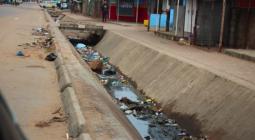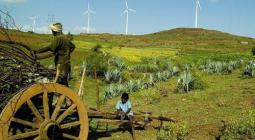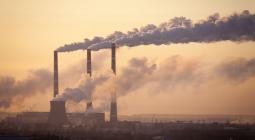INFORMATION IS POWER - Climate services reach 10.2 million people.
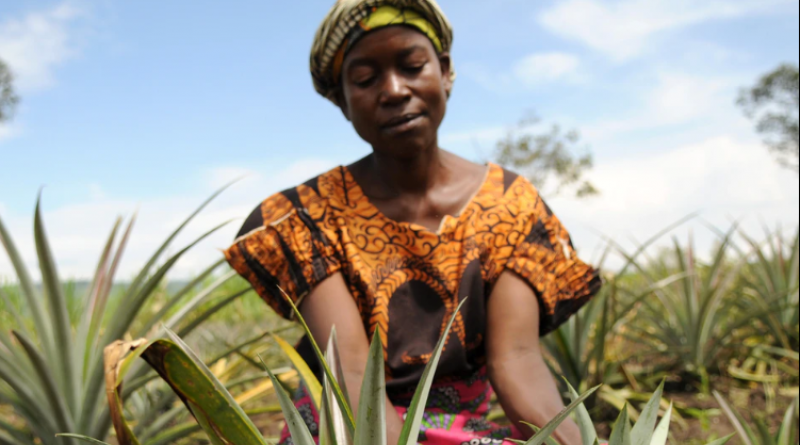
UNDP-supported climate information and early warning systems projects have reached 10.2 million people in the past 12 years. As we celebrate World Meteorological Day we explore the power of information to supercharge progress toward the Sustainable Development Goals.
Information is power. Information can save lives. Information is the most important tool in our global efforts to address the climate crisis.
Across the globe, the United Nations Development Programme (UNDP) and its partners are working to improve climate information and early warning systems. This information can be used to inform improved and more effective climate actions, it can be used to help farmers change the way they plant, harvest and take their products to market in our new climate economy, it can be used to build resilience for communities pushed to the breaking point by a rise in floods, droughts, extreme weather events, spiking temperatures and other climate impacts.
As we commemorate World Meteorological Day, it’s important to look at impacts these projects have had on lives and livelihoods, and how future programmes will extend climate services across the last mile to ensure no one is left behind as the UN supercharges its Decade of Action to reach the Sustainable Development Goals. Improved climate information and services are vital in accelerating the ambition of Nationally Determined Contributions to the Paris Agreement and UNDP’s Climate Promise. After all, information is power.
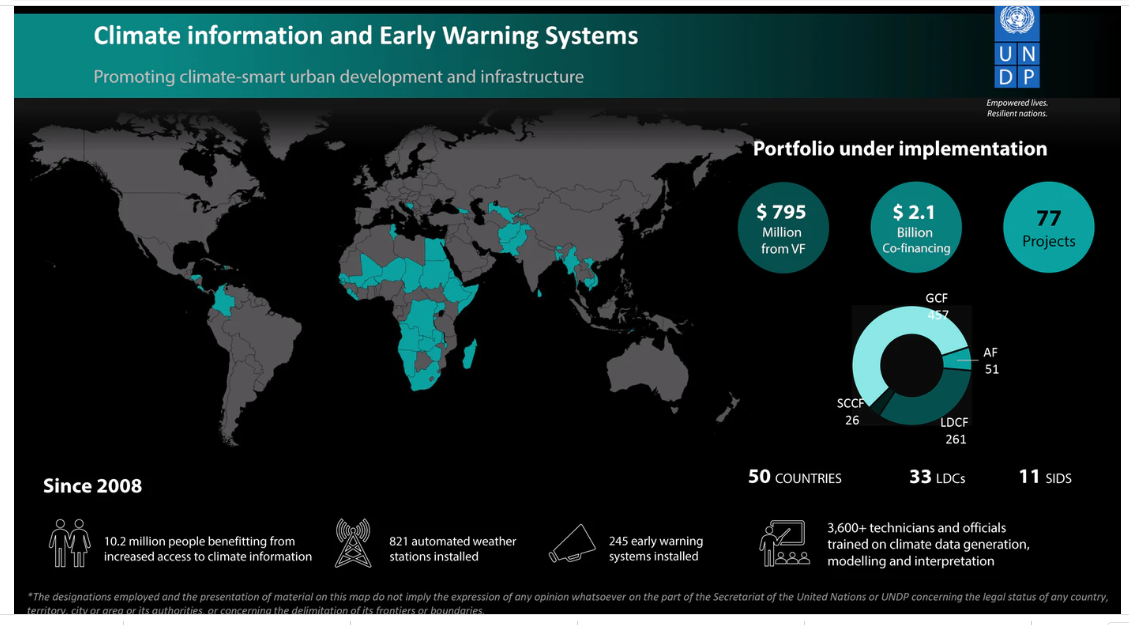
IMPACT
Since 2008, UNDP-supported climate information and early warning systems projects have reached a total of 10.2 million people. These vulnerable men, women and children on the frontlines of climate change have benefited from increased access to climate information through 77 projects across 50 countries, including 33 least developed countries and 11 small island developing states.
The projects were made possible with the support of the Adaptation Fund (AF), Global Environment Facility (GEF) and Green Climate Fund (GCF). In all, nations were able to access over US$795 million in finance from these vertical funds with UNDP supports, leveraging an additional US$2.1 billion in co-finance.
Over the same 12-year period, UNDP supported nations to install over 800 automated weather stations and 245 early warning systems, and trained over 3,600 technicians and officials to use the improved data, build innovative systems and ensure vital climate information makes its way to vulnerable end users who are struggling to adapt to our fast-changing climate.
SAVING LIVES ON LAKE MALAWI
* Read the original article here
19 March 2020
UNDP

